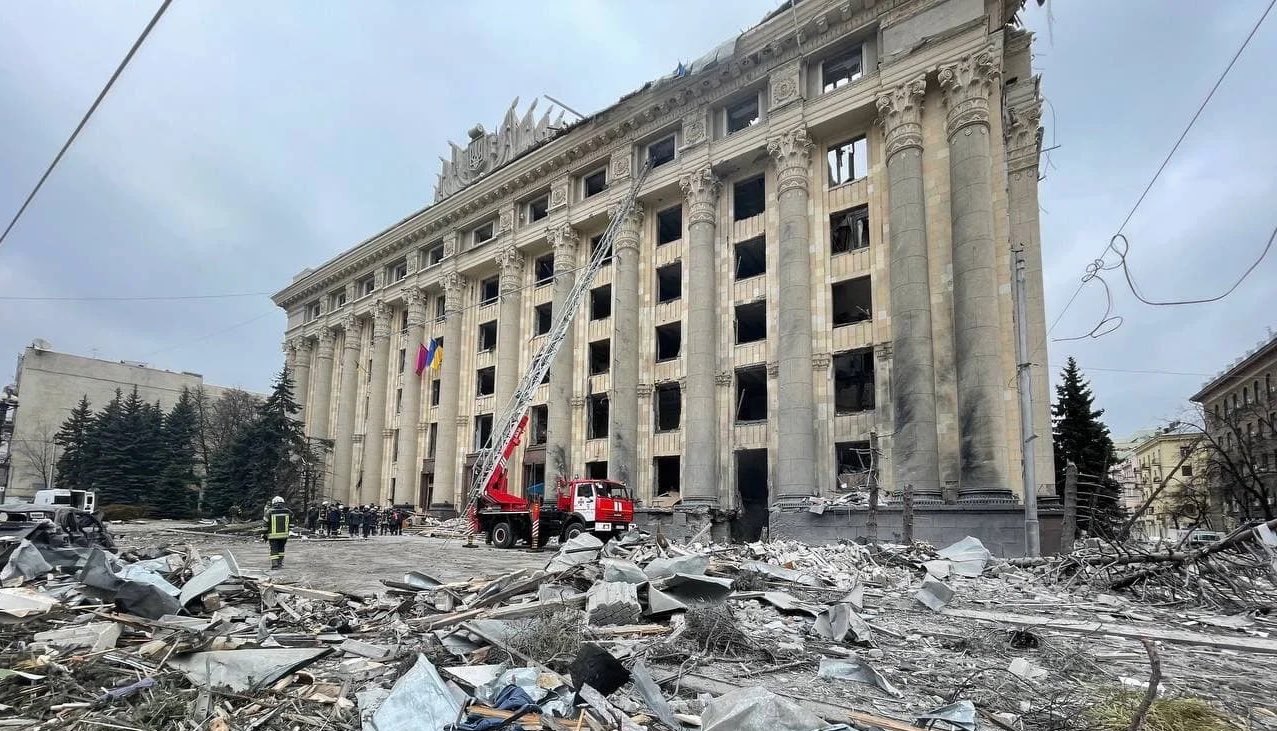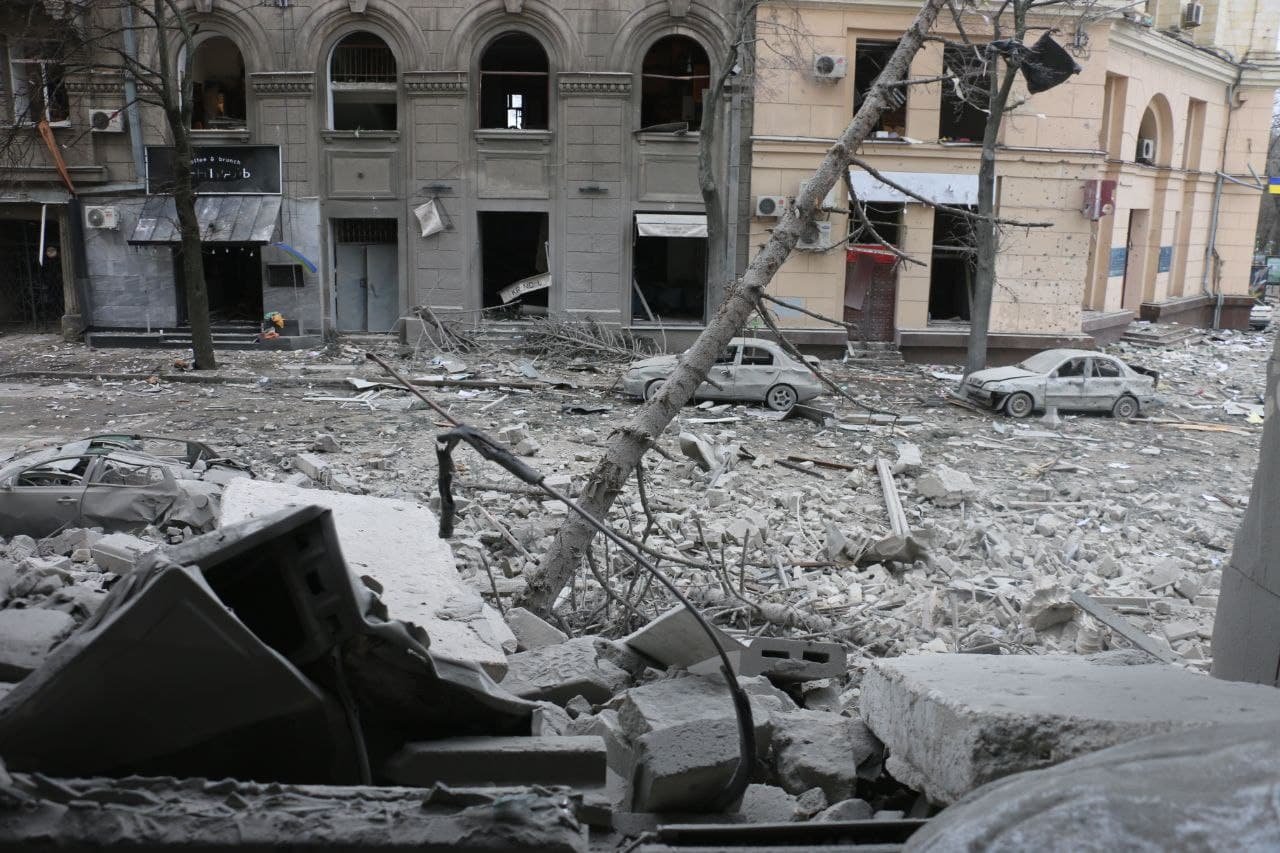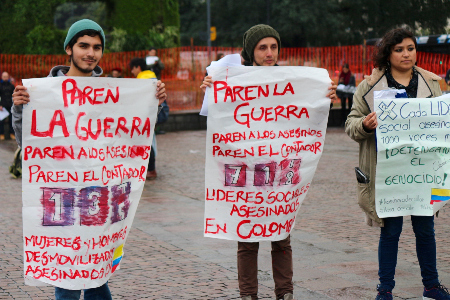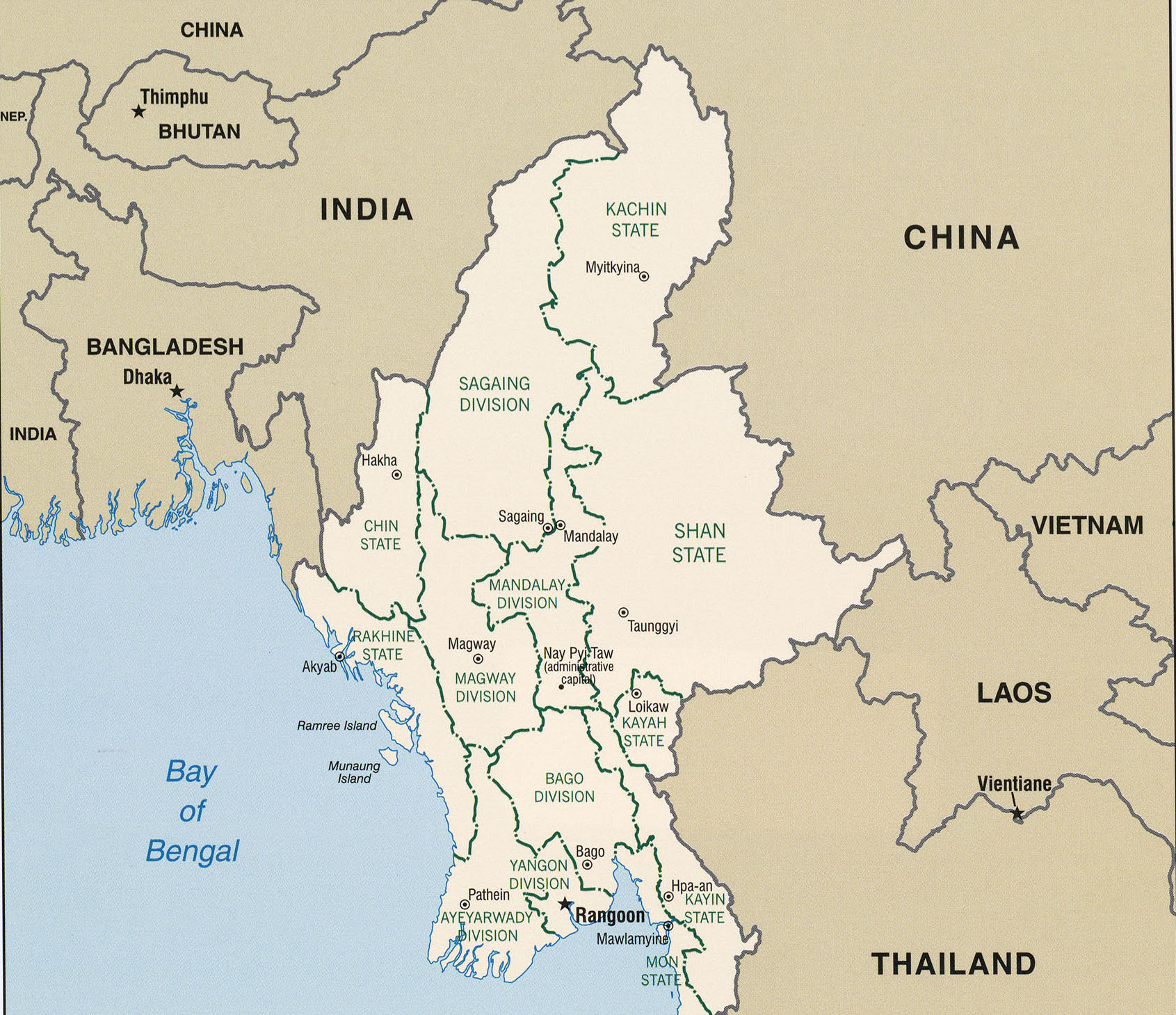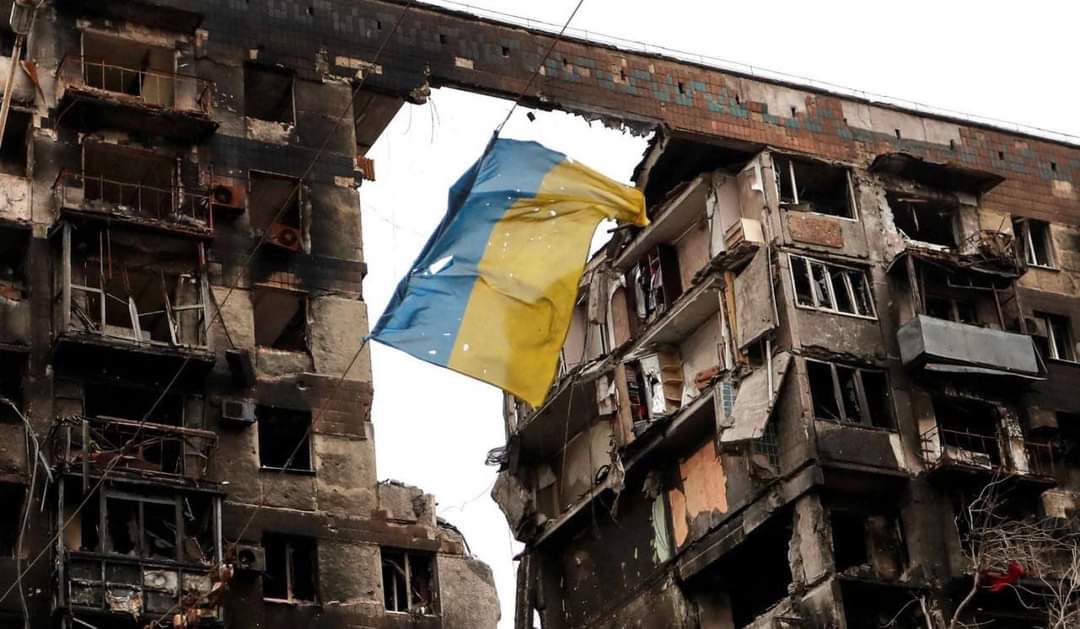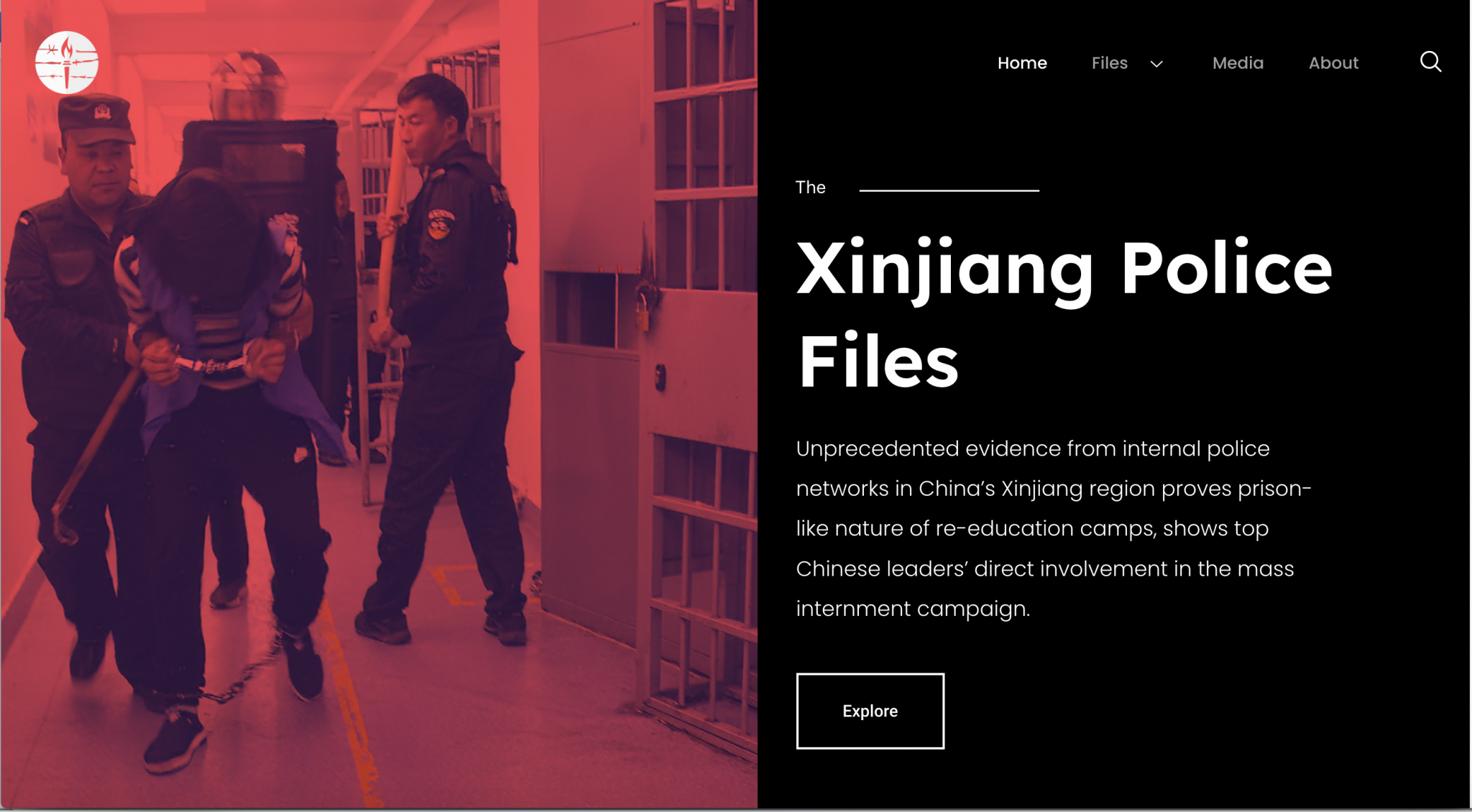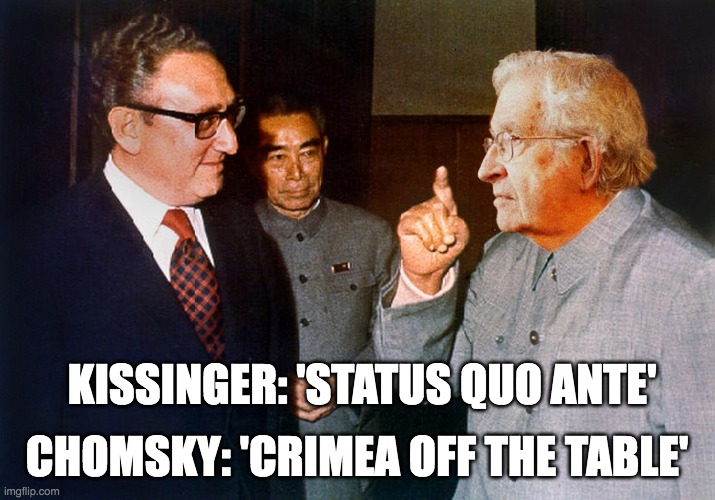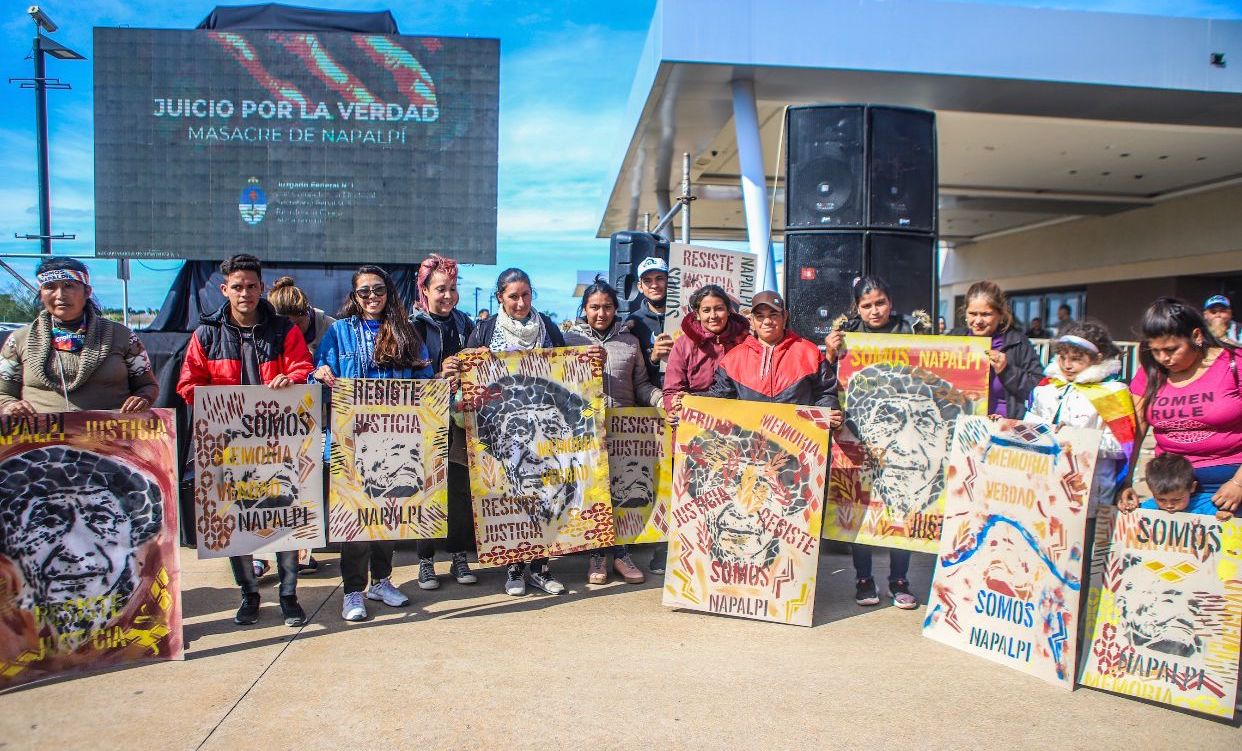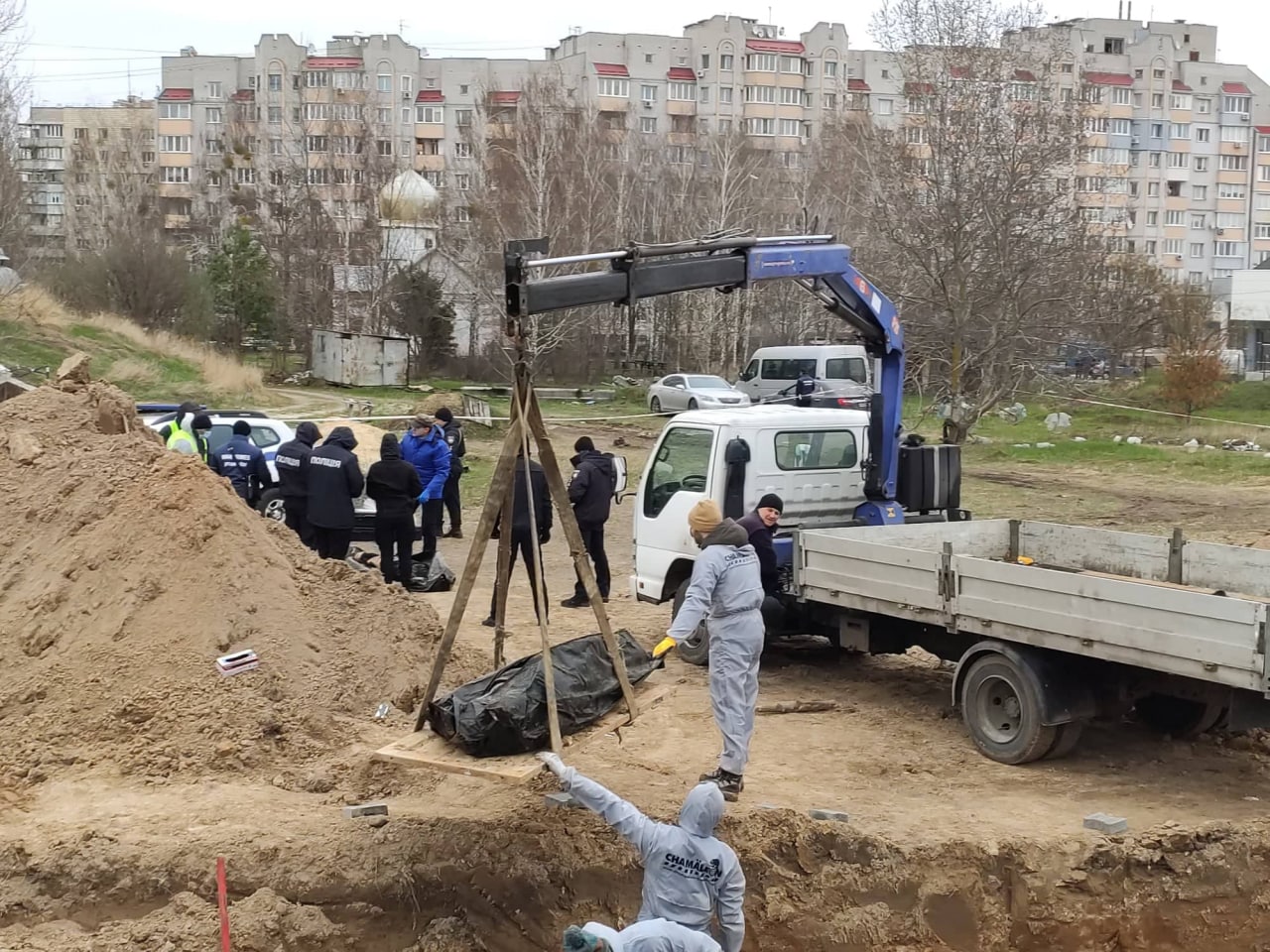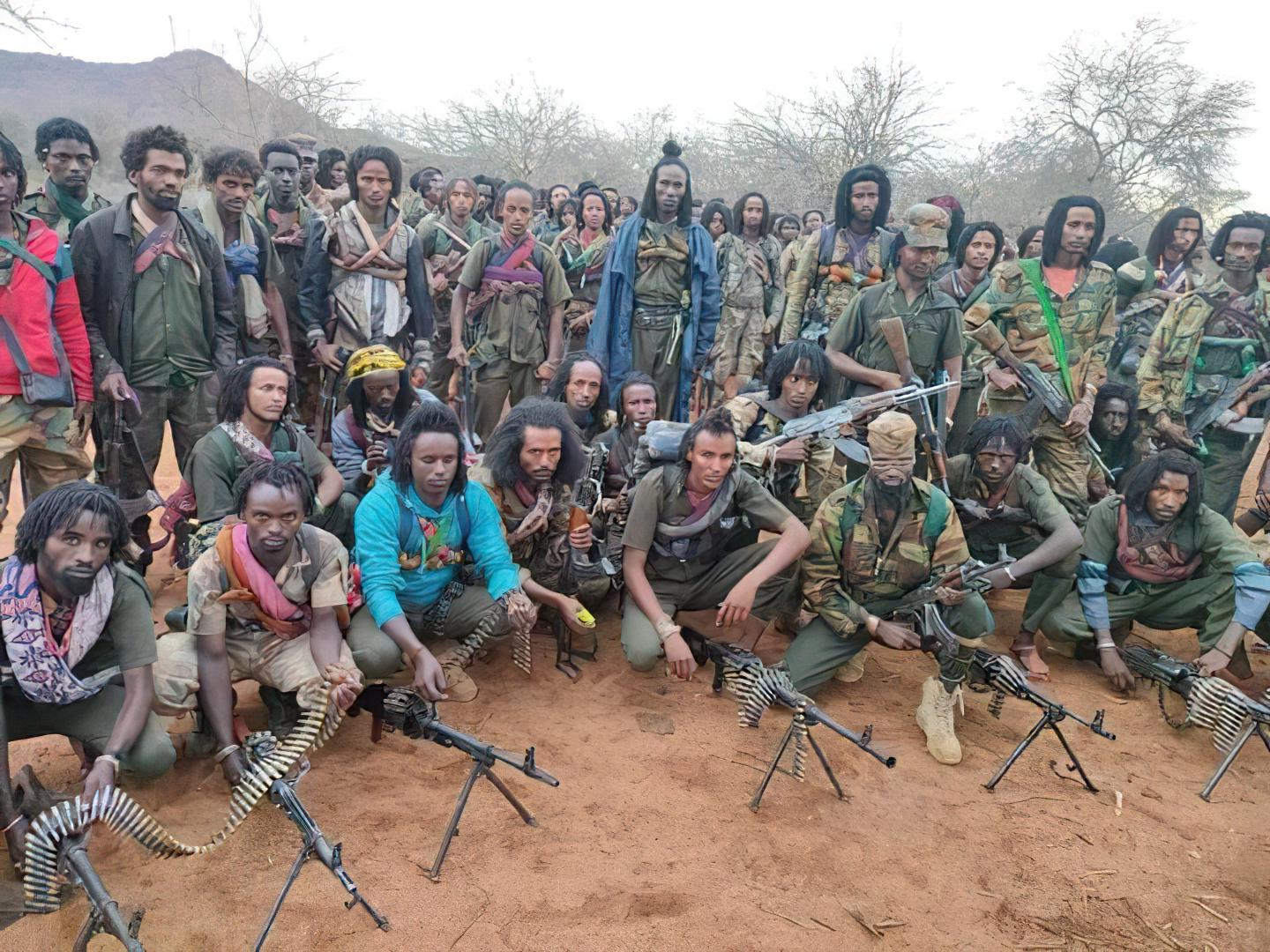
Massacres escalate in Ethiopia’s Oromia state
More than 200 civilians were killed at the village of Tole Kebele in the West Wollega zone of Ethiopia’s Oromia regional state. The massacre, which targeted members of the Amhara ethnicity, is being blamed by authorities on the rebel Oromo Liberation Army (OLA). Amhara militias in the region have been cooperating with the official security forces in counterinsurgency operations against the OLA, resulting in reprisal attacks on villages. However, OLA commander Kumsa Dirriba denies that his forces carry out attacks on civilians, claiming that the national army is “solely responsible” for the killings of Amhara civilians in Oromia. Whatever the truth of the matter may be, the dynamic is spreading into neighboring Gambella regional state, which has seen heavy fighting between the army and joint rebel forces of the OLA and Gambella Liberation Front (GLF), with dozens of civilians among the slain over the past days. (Photo: Ethiopia Insight)




